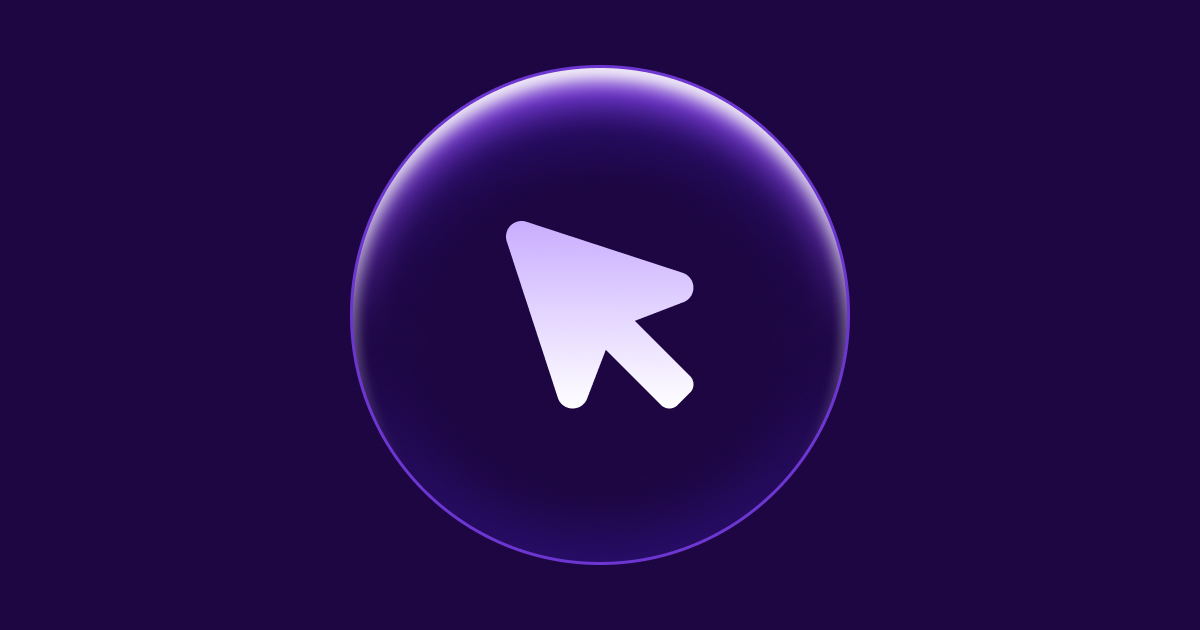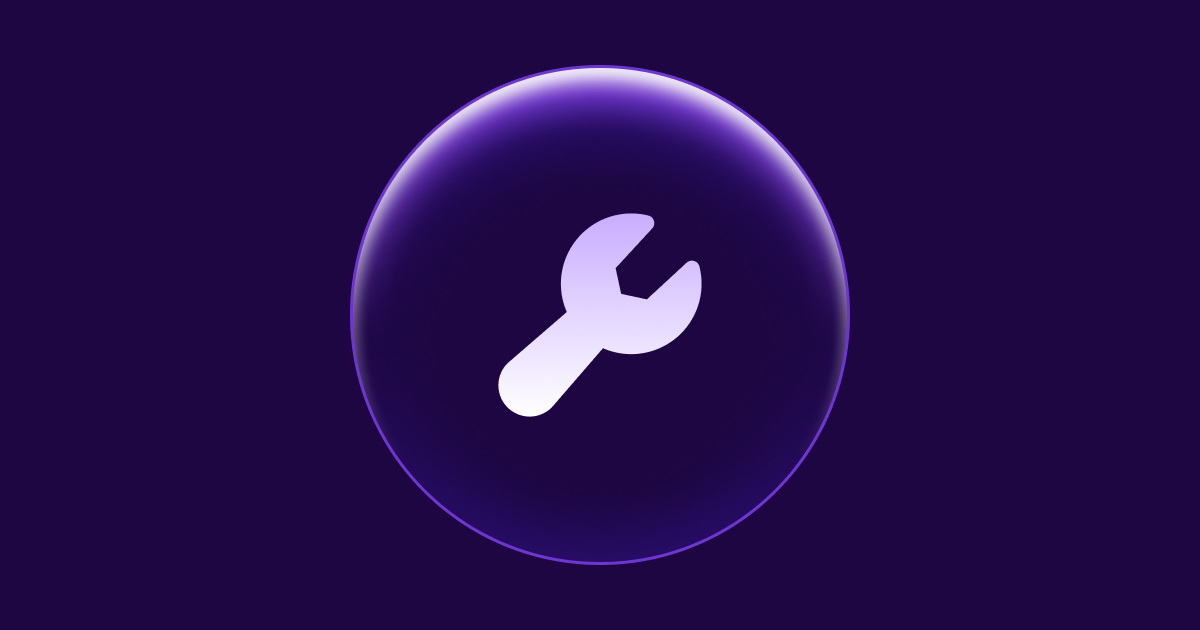We share our thoughts
Featured posts
You need speed and efficiency, but most importantly, you need a mobile product that performs like a native application without the financial burden of maintaining two separate codebases. That is the business case for React Native.
When we announced Permit.Absinthe last June alongside the Permit 0.3 and Permit.Phoenix 0.3 releases, we described it as a working proof-of-concept - something you could pull from GitHub and play around with for simple APIs. We also shared a pretty honest TODO list of things that were still missing before the library could be considered a real tool for real applications.
Build a clean, clear, credible pitch deck for early-stage investors. Focus on what matters, skip the fluff, and design slides that win trust and spark interest.
Update your startup brand after MVP without a full rebrand. Practical advice on refining brand identity, messaging, and design for early-stage founders.
Ash helps to keep business logic in one place. You can model your domain with resources and actions, generate database migrations, and add validations and filtering without scattering logic across your codebase.
We’re thrilled to announce that Curiosum has officially become the main sponsor of Hologram, the groundbreaking Elixir framework. Just as excitingly, its founder - Bart Blast - is joining our team!
Startup founder or PM? Wondering if it’s time for a design system? Read practical advice on balancing design consistency and speed, and how polished your product should be.
Actionable UX advice for startup founders & PMs: gather feedback, prioritize features with frameworks, and balance user input with vision.
Learn 10 high-impact UX improvements for early-stage web/mobile apps: from onboarding and microcopy to progress meters and trimming UI clutter.
Let’s build something together
Ready to turn your curiosity into a successful digital product?
Share your idea, and let's explore the possibilities.
Our experts worked with 20+ worldwide tech innovators


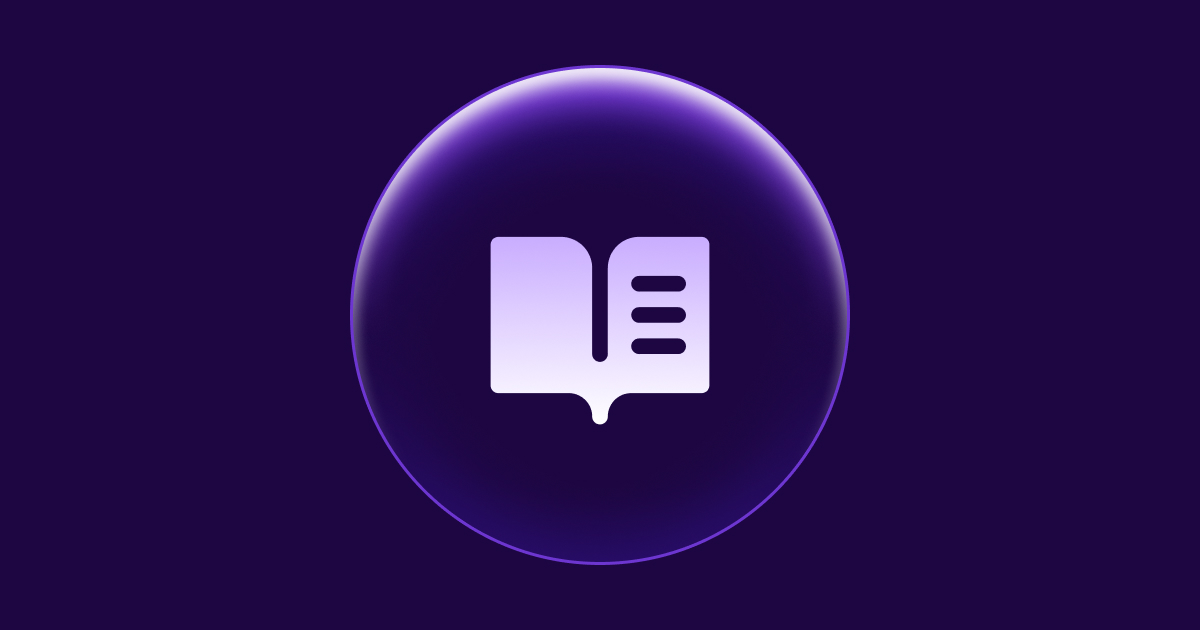
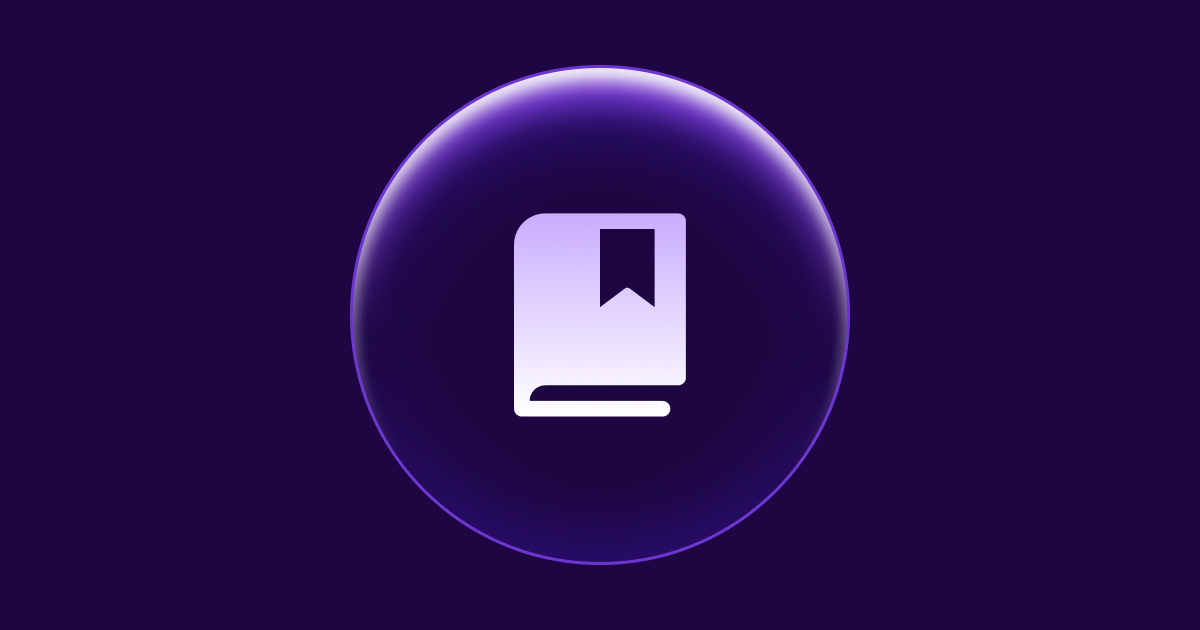


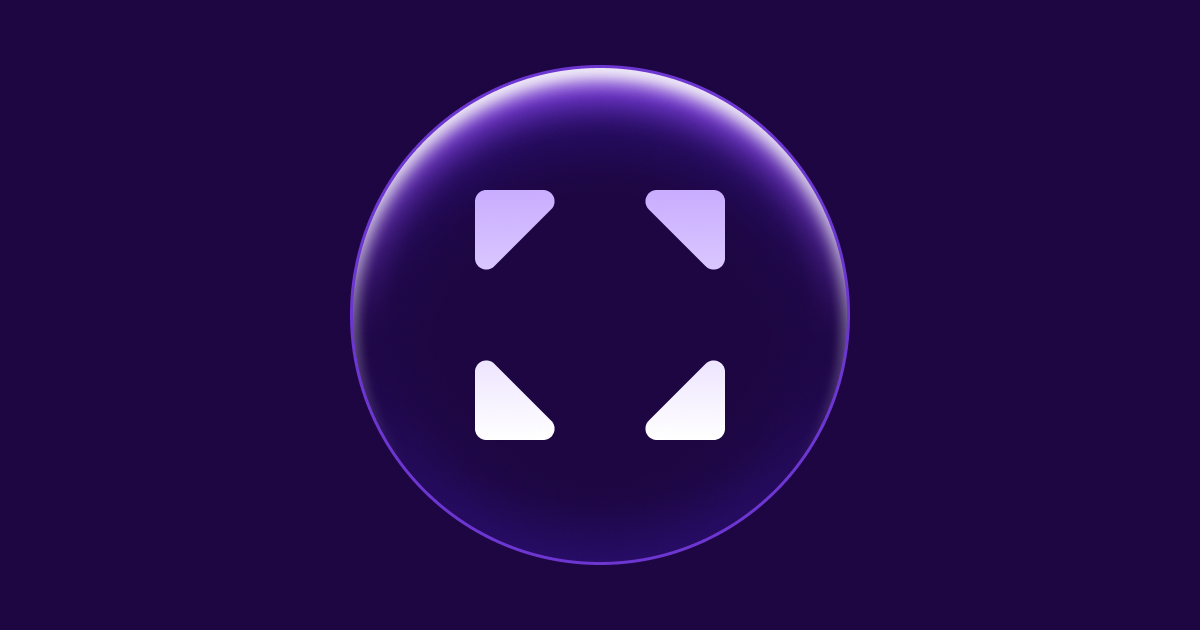

.png)
